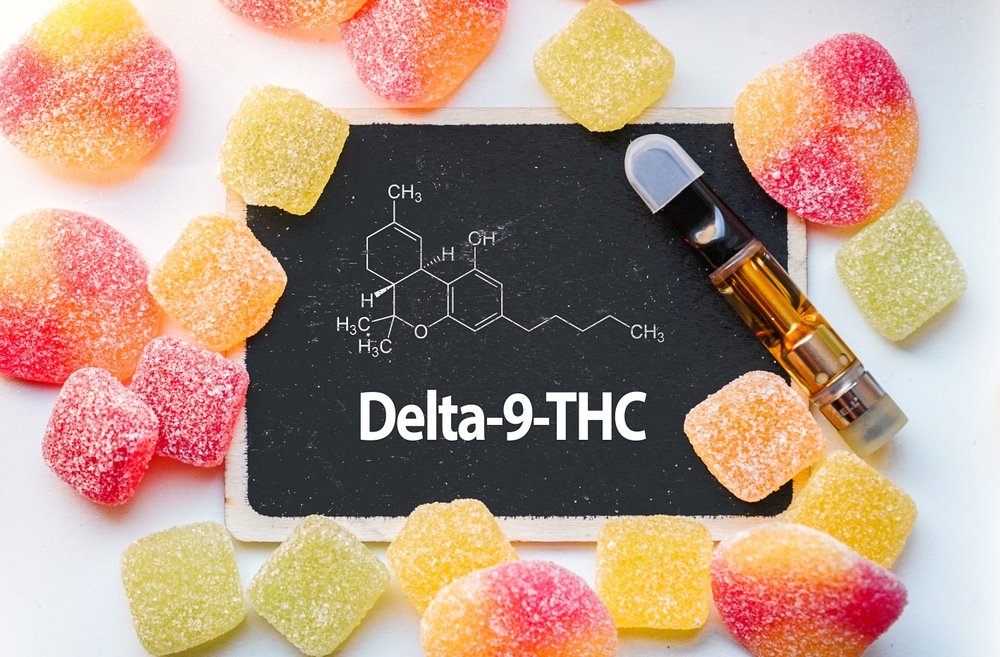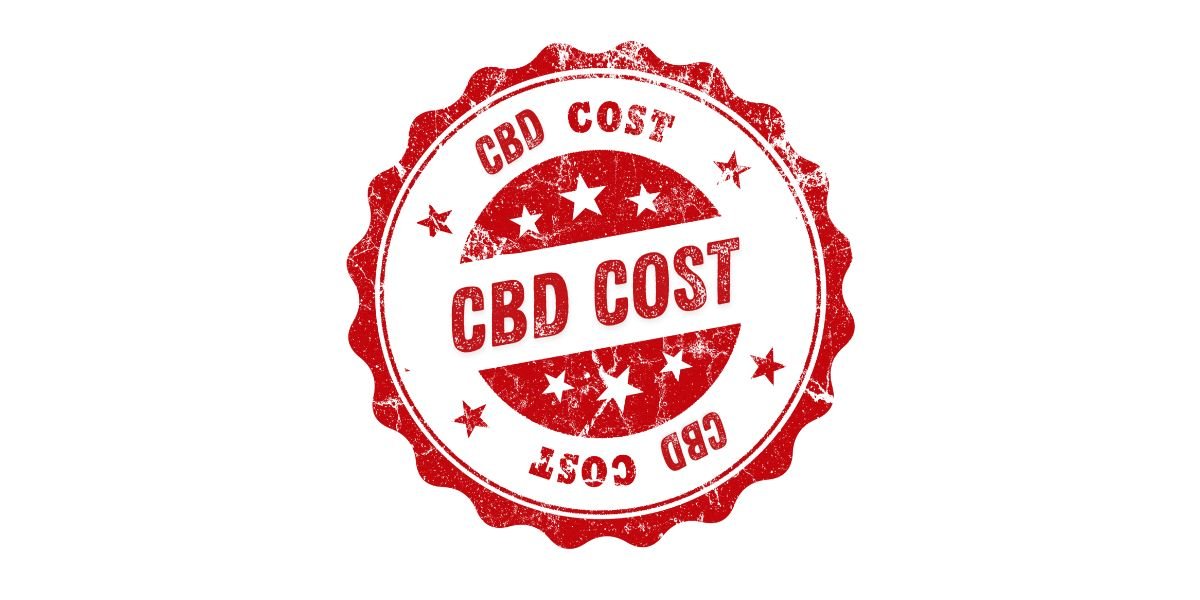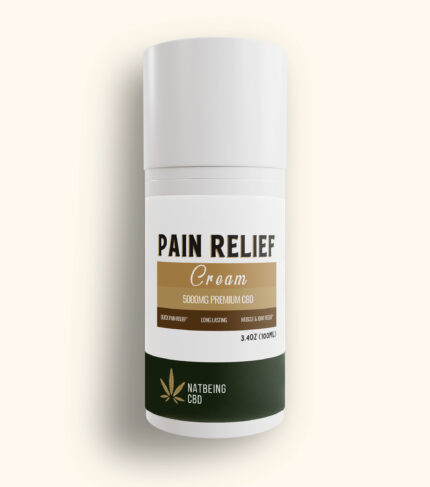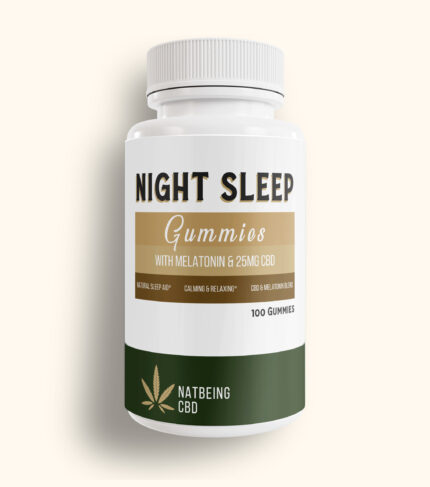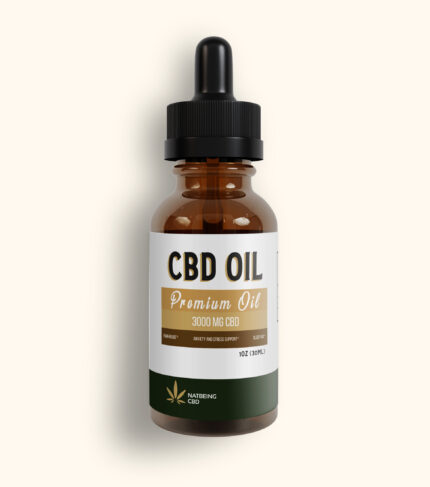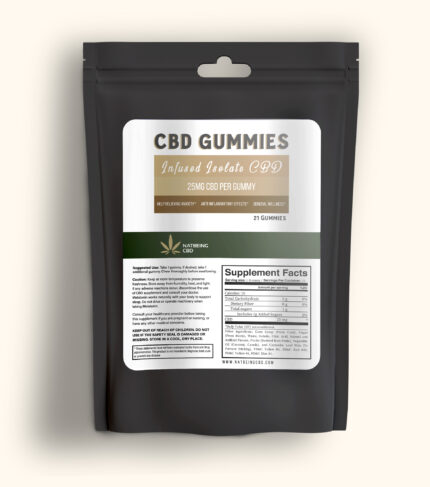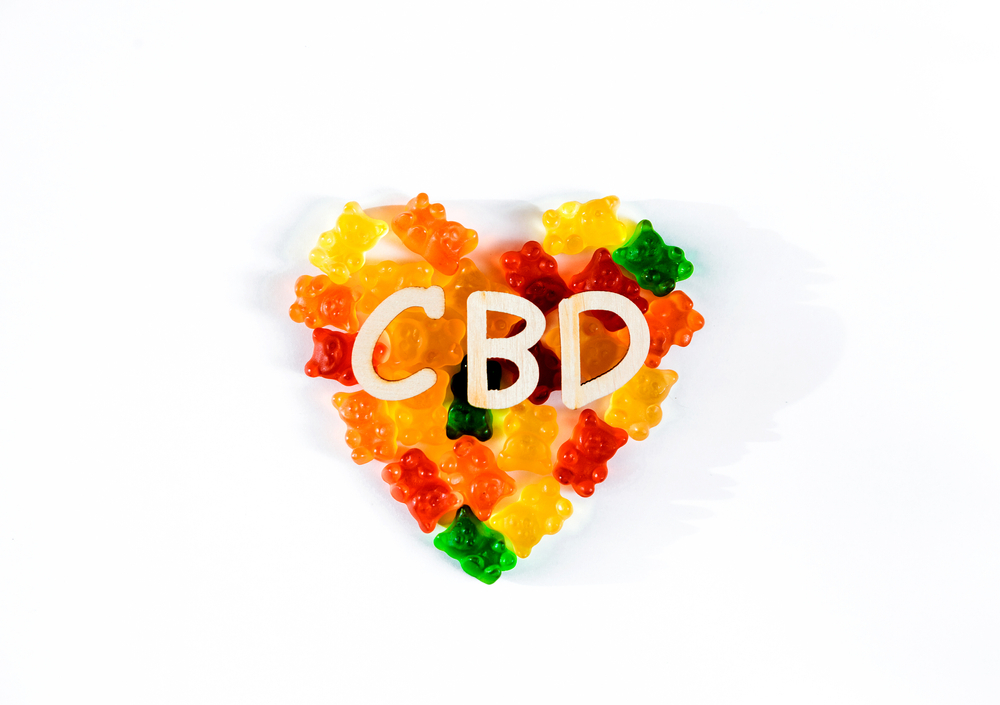
Blog
Delta 9 THC (tetrahydrocannabinol) is the primary psychoactive compound in cannabis, responsible for the euphoric feeling commonly associated with marijuana. As more people explore the health benefits of cannabis and its various compounds, Delta 9 THC has become one of the most widely used cannabinoids. In this comprehensive guide, we’ll cover everything you need to know about Delta 9 THC, including how it works, its benefits, effects, legality, and medical uses.
What is Delta 9 THC?
Delta 9 THC is a naturally occurring compound found in the cannabis plant. It belongs to a group of compounds known as cannabinoids, which interact with the body’s endocannabinoid system (ECS). Unlike its close relative, Delta 8 THC, Delta 9 THC is much more potent and produces the well-known “high” that cannabis is famous for.
Delta 9 THC works by binding to CB1 receptors in the brain, which causes changes in mood, memory, and coordination. These effects can vary depending on the individual’s tolerance, the method of consumption, and the dose taken.
Delta 9 THC vs Delta 8 THC:
Delta 9 THC and Delta 8 THC are isomers, meaning they share the same molecular structure but differ slightly in how they interact with the body. Delta 9 THC is stronger and more psychoactive, whereas Delta 8 THC produces a milder effect and is less likely to induce anxiety or paranoia.
How Does Delta 9 THC Work?
Delta 9 THC works by interacting with the body’s endocannabinoid system (ECS). The ECS is responsible for regulating various functions such as mood, appetite, sleep, and pain. It consists of receptors (CB1 and CB2), endocannabinoids, and enzymes.
When you consume Delta 9 THC, it binds to CB1 receptors in the brain and central nervous system. This interaction triggers the release of dopamine, the “feel-good” hormone, which causes feelings of euphoria, relaxation, and increased sensory perception.
- Pain Relief: By influencing CB1 receptors in the nervous system, Delta 9 THC can help reduce the perception of pain, making it useful for managing chronic pain conditions.
- Anxiety Reduction: Delta 9 THC has anxiolytic effects, which means it may help reduce symptoms of anxiety and stress.
- Improved Sleep: Many users find that Delta 9 THC helps with sleep disorders by promoting relaxation and reducing the effects of insomnia.
The Effects of Delta 9 THC
The effects of Delta 9 THC can vary based on the dose, method of consumption, and individual tolerance. The most common effects include:
1. Euphoria and Mental Stimulation
Delta 9 THC is best known for its psychoactive effects, which often include feelings of euphoria and mental stimulation. This is the “high” that people seek when consuming cannabis.
2. Increased Appetite (The Munchies)
One of the most well-known effects of Delta 9 THC is its ability to stimulate appetite, often referred to as the munchies. This makes Delta 9 THC helpful for individuals experiencing appetite loss due to medical treatments like chemotherapy.
3. Pain Relief and Anti-Inflammatory Effects
Delta 9 THC interacts with the ECS to reduce inflammation and pain, making it an attractive option for individuals dealing with chronic pain conditions such as arthritis or muscle spasms.
4. Relaxation and Stress Relief
Many users report a sense of relaxation and reduced anxiety after consuming Delta 9 THC. This effect makes it popular for managing stress and promoting a calm state of mind.
5. Altered Sensory Perception
Delta 9 THC can enhance sensory perception, making music sound clearer, food taste better, and colors appear more vivid.
Negative Effects of Delta 9 THC:
While Delta 9 THC has numerous benefits, there are also potential side effects, such as:
- Paranoia or anxiety (especially with higher doses)
- Dry mouth
- Red eyes
- Impaired motor skills
These effects are generally temporary but can be uncomfortable, particularly for new users.
Delta 9 THC vs Delta 8 THC – What’s the Difference?
Although Delta 9 THC and Delta 8 THC are both cannabinoids derived from cannabis, they differ significantly in their potency and effects:
- Potency: Delta 9 THC is stronger than Delta 8 THC, producing more intense psychoactive effects.
- Effects: While Delta 9 THC is known for its euphoric high, Delta 8 THC is considered less potent and may produce a more relaxing, calm effect with less anxiety.
- Legality: Delta 9 THC is federally illegal in some regions, whereas Delta 8 THC is currently more ambiguous legally in some areas due to its lesser psychoactive effects.
The Legal Status of Delta 9 THC
The legal status of Delta 9 THC varies from region to region. In the United States, Delta 9 THC is primarily illegal under federal law due to its association with marijuana. However, the 2018 Farm Bill legalized hemp-derived Delta 9 THC products that contain less than 0.3% THC. This means Delta 9 THC products made from hemp are legal in most states, though certain states still maintain restrictions.
- Medical Use: Some states allow medical cannabis, including Delta 9 THC, for conditions like chronic pain, anxiety, and nausea.
- Recreational Use: A few states have legalized recreational cannabis use, including Delta 9 THC, for adult consumers.
International Legality:
The legal status of Delta 9 THC varies worldwide. It is strictly controlled or illegal in many countries, so it’s essential to check local regulations before purchasing or consuming any Delta 9 THC products.
Medical Uses of Delta 9 THC
Delta 9 THC has potential therapeutic uses and has been studied for various medical conditions, including:
- Pain Management: Delta 9 THC may help manage pain, particularly chronic pain from conditions like arthritis or multiple sclerosis.
- Nausea Relief: Delta 9 THC is commonly used to treat nausea and vomiting, especially for cancer patients undergoing chemotherapy.
- Appetite Stimulation: Delta 9 THC can stimulate appetite, making it useful for individuals dealing with eating disorders or those undergoing medical treatments that cause appetite loss.
- Anxiety and Stress Reduction: Some studies suggest that Delta 9 THC may reduce anxiety and improve mood.
Is Delta 9 THC Safe to Use?
While Delta 9 THC is generally considered safe when consumed responsibly, there are a few important safety considerations:
- Overconsumption: Taking too much Delta 9 THC can lead to unpleasant side effects like anxiety, paranoia, and dizziness.
- Tolerance and Dependency: With regular use, some individuals may build a tolerance to Delta 9 THC, requiring higher doses for the same effects.
- Quality Control: Due to limited regulation in the cannabis industry, it’s important to purchase Delta 9 THC products from reputable, third-party tested brands to ensure safety and potency.
How to Consume Delta 9 THC
There are several ways to consume Delta 9 THC, each with its own advantages and disadvantages:
- Smoking: Smoking cannabis is one of the quickest ways to feel the effects of Delta 9 THC. However, it can irritate the lungs.
- Vaping: Vaping is a healthier alternative to smoking, as it heats cannabis without combustion, making it less harsh on the lungs.
- Edibles: Delta 9 THC edibles, like gummies, take longer to kick in but provide longer-lasting effects.
- Tinctures and Oils: These are typically taken sublingually and provide faster absorption compared to edibles.
Frequently Asked Questions (FAQ)
1. Can Delta 9 THC show up on a drug test?
Yes, Delta 9 THC can show up on a drug test, as most tests look for THC metabolites in urine, blood, or hair.
2. Is Delta 9 THC legal everywhere?
Delta 9 THC is federally illegal in some regions but legal in others, especially in hemp-derived products with less than 0.3% THC. Always check local laws for specific regulations.
3. What’s the best method to consume Delta 9 THC?
The best method depends on your personal preference. Smoking or vaping provides quick effects, while edibles offer a slower onset but longer-lasting effects.
4. What are the most common side effects of Delta 9 THC?
Common side effects include dry mouth, red eyes, increased heart rate, and anxiety. These effects are temporary and typically subside with time.
Related posts
How Fast Does CBD Cream 5000mg Work on Sore Muscles?
Menthol and CBD: A Dynamic Duo for Pain Relief
Delta-8 vs Delta-9 THC: Which One Is Right for You?
CBD Cream 5000mg: Powerful Relief for Pain, Muscles & Joints
CBD for Arthritis Pain: What You Should Know
CBD Creams: Made with Hemp Oil for Pain Relief & Joint Support
Understanding Oral CBD vs Topical CBD: Which Works Best for You?
How CBD Cream Supports Your Body’s Natural Balance
CBD Cream for Arthritis Joint Pain: A Natural Way to Find Relief
Is CBD Cream the Secret to Glowing, Healthy Skin?
How CBD Cream Works on Your Skin
CBD Cream Costs: Finding the Perfect Balance Between Price and Quality
Table Of Contents
Recent Posts
Products
-
 CBD Cream 5000mg – Extra Strength Pain Relief Topical Rated 4.83 out of 5$33.93 – $49.99Price range: $33.93 through $49.99 — or subscribe and save up to 25%
CBD Cream 5000mg – Extra Strength Pain Relief Topical Rated 4.83 out of 5$33.93 – $49.99Price range: $33.93 through $49.99 — or subscribe and save up to 25% -
 CBD Sleep Gummies 2500mg With Melatonin - 100 count Rated 5.00 out of 5
CBD Sleep Gummies 2500mg With Melatonin - 100 count Rated 5.00 out of 5$69.99Original price was: $69.99.$34.99Current price is: $34.99. -
 3000mg CBD Oil Rated 5.00 out of 5$29.90
3000mg CBD Oil Rated 5.00 out of 5$29.90 -
 CBD Gummies 500 mg - 21 Gummies Rated 5.00 out of 5$19.90 – $23.00Price range: $19.90 through $23.00
CBD Gummies 500 mg - 21 Gummies Rated 5.00 out of 5$19.90 – $23.00Price range: $19.90 through $23.00
